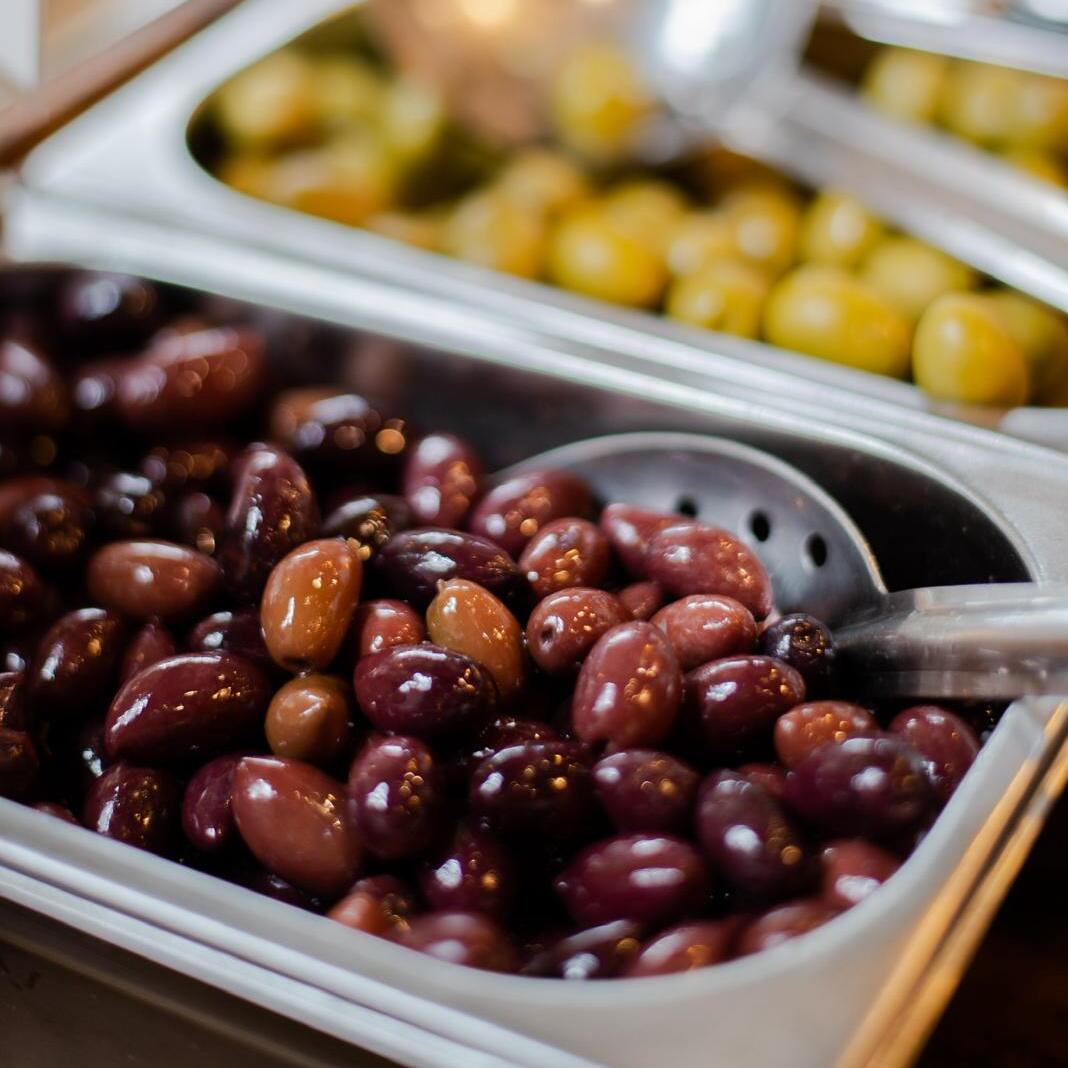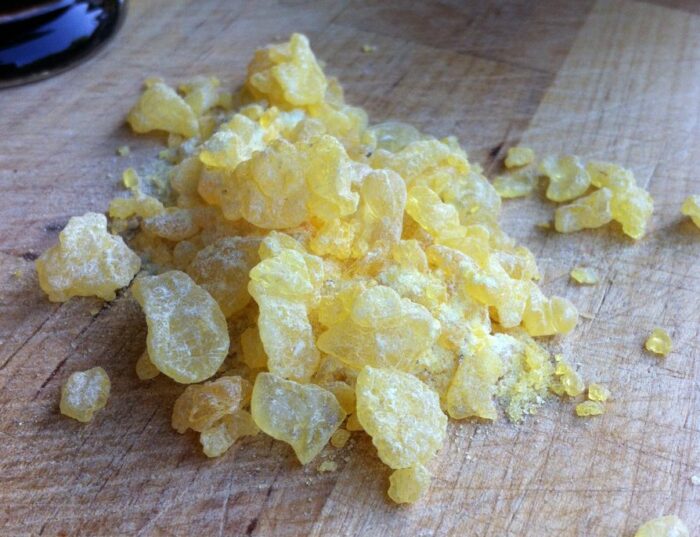Fermentation is the process of using microorganisms to create desirable changes to foodstuffs or beverages. Historically, fermentation was used as a preservation method, to extend the life of foods, but also in the production of alcoholic beverages or dairy products like yoghurt. Today, we are learning more and more about the health benefits of fermented food and ways to incorporate them in our daily diets as the fermentation process seems to create foods with stronger nutritional properties, that boost immunity, protect our gut health, while helping our mental health. There’s been a lot of press recently about fermented foods but in the recent guardian article Clare Finney doesn’t forget to include our beloved organic and unpasteurised Greek olives.
From the Korean kimchi to the Japanese miso and from the Russian Kvass to Lutefisk in Norway, there are many examples of foods that are not only a big part of cuisines, but also of local cultures. In Greece, fermented products are greatly valued and have historically been part of Greek gastronomy. Pickling is what first comes to mind when we think of fermentation in Greece, but what many don’t know is that the olives or the barley rusks in a dakos salad may (if properly produced) be fermented foods, offering not only a deeper taste, but also higher nutritional value. Below are our favourites:
Olives
Olives, a bitter fruit when picked from the tree, have to go through a curing process before they become edible. Traditionally, this is done by submerging the olives in salt water, changing the brine carefully for 6-9 months. Commercially sold olives more often than not use caustic soda. Our olives our naturally fermented, retaining all the benefits of this slow process.
Apple cider vinegar
This unique vinegar that many consume as a nutritional supplement is unfiltered and unpastrutised. Heritage apple varieties from Mount Olympus are naturally fermented to produce a rich and flavourful vinegar which is then aged for a minimum of one year. This vinegar with ‘the mother’ and natural sedimentation, does not contain sulfites and is widely known for its antioxidant properties.
Trahana
Sour trahana is an ingredient made with wheat and sheep’s yoghurt or “sour” milk, that is milk that’s left in room temperature for a few days until it becomes sour. In some regions barley, emmer wheat or other grains are used. It is then kneaded and passed through a large sieve, becoming like little, tiny pieces of pasta. It is then dried and stored. It is another way to preserve milk or dairy in the winter when the goats or sheep didn’t produce as much. Trahanas, with all its regional variations forms the basis of many nourishing soups, but also breakfasts.
Greek yoghurt (find Yoghurt at our Borough Market shop)
The thick, creamy yoghurt should only contain milk and yghuyrt culture. The fermentation of the natural sugars in the milk by the culture produces lactic acid, which acts on milk protein and gives yogurt its characteristic thick texture and flavour. In Greece, yoghurt is usually eaten with honey and walnuts, a much loved dessert or snack.
Goat kefir (find Kefir at our Borough Market shop)
Kefir is a fermented milk drink, made with kefir grains. We prefer goat milk kefir as goat milk is often much less industrialised than cow’s milk, but also, with goats roaming around Greek mountains, their milk is part of the Greek culture. Greeks prefer drinking kefir plain, but we love it in smoothies too.
Barley rusks (Sourdough)
Not many will know that barley rusks, apart from the main ingredient in the much-loved dakos salad are also a fermented food, as they are made with sourdough. The idea behind rusks is preserving bread for longer, while in the past, most rural households in Greece had their own sourdough starter, used to make bread. Rusks were made for shepherds, fishermen or farmers who worked aways from home for long periods of time.




